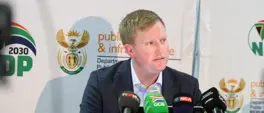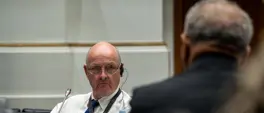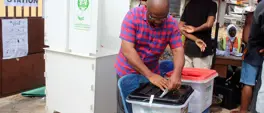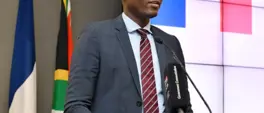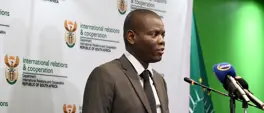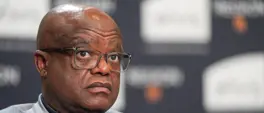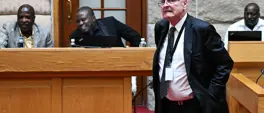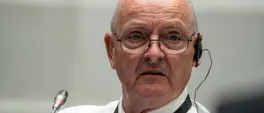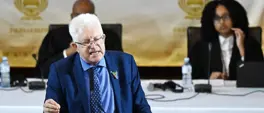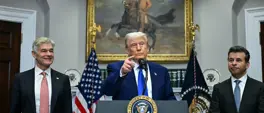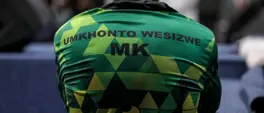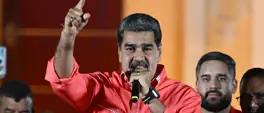French govt says no reason to believe SA polls will negatively impact countries’ trade
Nokukhanya Mntambo
29 May 2024 | 4:20Uncertainty over elections is among the factors currently influencing decisions by investors locally and abroad.
JOHANNESBURG - The French government says it has no reason to believe that the upcoming elections in South Africa will negatively impact trade between the two countries.
Uncertainty over elections is among the factors currently influencing decisions by investors locally and abroad.
ALSO READ:
- Foreign investors circumspect ahead of SA's most pivotal polls since 1994 – Analysts
- Unstable coalitions impact on public policy, investments, warn investment experts
- No ‘blanket drive’ to stop investing in SA, assures analyst after rumours Shell could pull the plug
The election result is expected to shed light on possible post-election coalitions as well as the potential long-term policy implications.
While insurance and investment group Old Mutual said some investors have taken a wait-and-see approach, there are still some fears that the country will bleed capital if policy uncertainty persists post the elections.
France, which has strong bilateral ties with South Africa, is keeping a close eye on developments.
There are over 400 French companies doing business in South Africa, including TotalEnergies, Air France, BNP Paribas, Leroy Merlin, and L'Oréal.
Some companies previously threatened to halt investments in the country over an unfriendly business environment.
French Ambassador to South Africa, David Martinon, said investors are less interested in politics and more interested in measures taken to improve the ease of doing business.
“I can’t dive into politics and potential coalitions. As an observer, we hear things, but everything will depend on the dynamics of the campaign and the results and then the policymakers will go from there. I think it would be incredibly discourteous and politically unwise to claim results on behalf of the South African people.”
He said the French government has full confidence that South Africa’s policies, even after elections, will make good business sense.
“I think South African citizens are incredibly reasonable and politically conscious. So, to answer your question, I’m not afraid.”
The 29 May elections are expected to be the most gruelling and most unpredictable polls since 1994.
VISA REQUIREMENTS DRIVING INVESTORS AWAY
Some French diplomats have again warned that South Africa’s strict visa requirements are driving investors away.
The warning comes at a time when the country is on an intensified drive to draw in foreign direct investment to help boost the ailing economy.
However, strict conditions and a protracted wait are believed to make companies think twice about bringing their business to South African shores.
The process of applying for a work visa in South Africa has often been described as long and tortuous, made worse by an inefficient paper-based system that takes up to as much as six months to process.
Companies looking to set up shop in the country need a foreign direct investment of at least R5 million and ensure that 60% of their workforce is South African.
Once those boxes are ticked, the process is likely to be stalled by an existing backlog of visa applications.
Martinon said a simpler visa regime will go a long way.
“It will allow these companies to safely invest, organise, recruit the right teams, train them and then make sure the foreign executive eventually leaves the country because that’s how it works.”
Martinon said addressing other challenges such as crime and corruption, as well as inefficiencies in the energy and transport sectors, will help boost investor confidence.
Get the whole picture 💡
Take a look at the topic timeline for all related articles.
